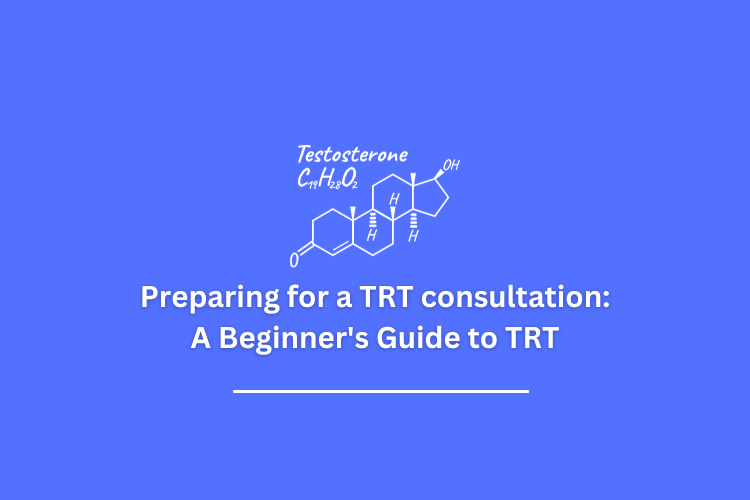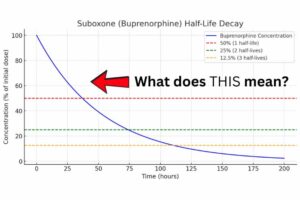Introduction:
Setting up a TRT consultation can seem a bit intimidating. Embarking on the journey of Testosterone Replacement Therapy (TRT) can be a life-changing decision for many individuals seeking to address hormonal imbalances. This beginner’s guide aims to provide a comprehensive overview of the initial steps, considerations, and expectations associated with TRT.
1. Consulting with a Healthcare Professional: The First Crucial Step
Before considering TRT, it is imperative to consult with a qualified healthcare professional, typically an endocrinologist or urologist specializing in hormonal health. During this initial consultation, the healthcare provider will assess your medical history, and symptoms, and perform necessary tests to determine if TRT is a suitable option for you.
2. Undergoing Assessments: Understanding Your Hormonal Status
Diagnostic tests will likely include blood tests to measure testosterone levels, as well as other relevant hormonal markers. The results will help your healthcare provider identify the underlying causes of hormonal imbalances and tailor a TRT plan to your needs.
3. Choosing the Right Treatment Plan: Customizing TRT for Your Goals
Based on the assessments, your healthcare provider will recommend a suitable TRT protocol. This may involve injections, patches, gels, or pellets. Discuss the pros and cons of each option, considering factors such as convenience, effectiveness, and personal preferences. The chosen treatment plan should align with your health goals and lifestyle.
4. Potential Side Effects: What You Need to Be Aware Of
Understanding potential side effects is crucial for making an informed decision about TRT. Common side effects may include acne, mood swings, and changes in blood pressure. Your healthcare provider will discuss these potential outcomes, ensuring you are aware of the risks and benefits associated with TRT.
5. Lifestyle Adjustments: Enhancing the Benefits of TRT
In addition to medical interventions, lifestyle adjustments play a key role in optimizing the effects of TRT. Regular exercise, a balanced diet, and sufficient sleep contribute to overall well-being and can complement the benefits of testosterone replacement.
6. Expected Timeline for Results: Patience is Key
TRT is not a quick fix, and results may vary among individuals. It is essential to be patient and realistic about the timeline for experiencing the full benefits of treatment. Your healthcare provider will guide you on what to expect regarding improvements in energy levels, mood, and other symptoms.
Conclusion:
Embarking on TRT requires careful consideration, professional guidance, and a commitment to long-term health. By following these initial steps and staying informed throughout the process, individuals can make well-informed decisions about testosterone replacement therapy and work towards achieving hormonal balance and improved overall well-being.
If you are suffering from symptoms of low testosterone, call our office today to set up a TRT consultation with one of our qualified doctors, contact our office at (772) 222-5411.









